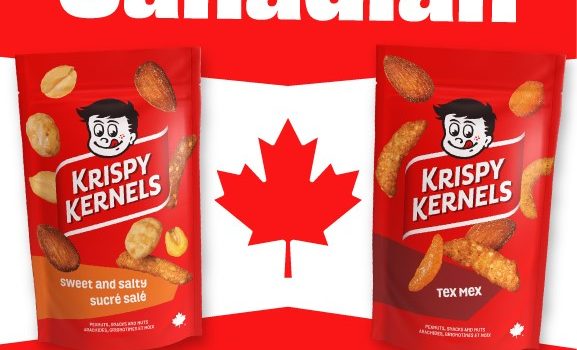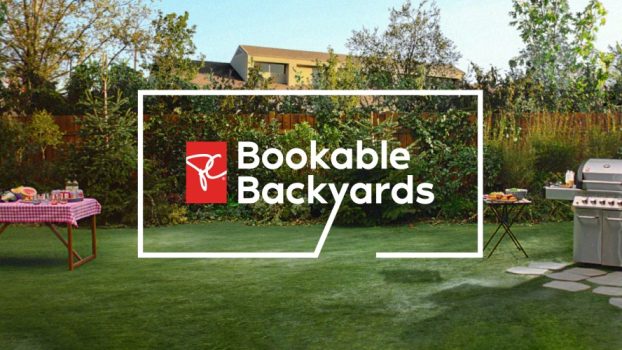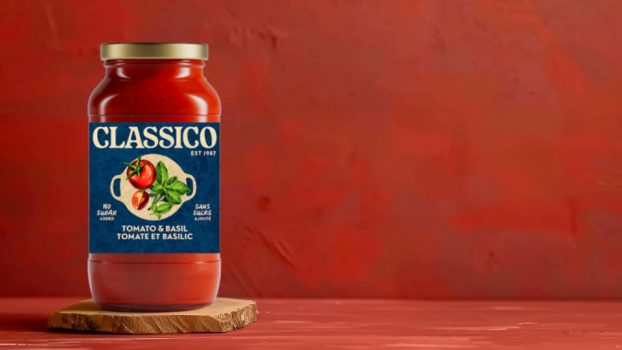The Association of Quebec Advertising Agencies (AAPQ) has always known that advertising builds brands, but now it has the proof. The findings of a study conducted for the AAPQ by Ipsos-ASI demonstrate that marketing communications account for 43% of brand strength.
The Equity*Builder (Equi*Marques) study, developed with an Ipsos-ASI model used in the U.S. and adapted for the Quebec market, is a new tool to help AAPQ members provide strategic planning and positioning for their clients – as well as to encourage spending behind brands.
While the association was buoyed by seeing proof of the impact advertising has on brands, Jacques Paradis, AAPQ president and president of Publicité Martin in Montreal, says that, sadly, the study also shows that Quebec brands are grossly undersupported by advertising spending.
He says the comparison of Quebec brands against their national and American competitors indicates a definite correlation between the amount of spending and marketshare – and Quebec brands fall behind.
‘In the American market there is a culture of managing brands. In Quebec, in Canada, we have a real industrial structure based on sales management. That’s why a lot of our communications focus on price. If you look at the [Equity*Builder] model, price is not necessarily creating value for the brand,’ says Paradis.
‘[With this study] we want to demonstrate that the investment that advertisers make in marketing and communications is added value for its brands.’
Paul Paré, AAPQ vice-president and president of X l’agence in Montreal, says in the U.S., 4% of the gross domestic product is spent on advertising. Comparatively, the Canadian ad spend is 2% of the GDP and even less in the province of Quebec at 1.8%.
‘Quebec brands not investing in marketing communications are slowly but surely losing brand power.’ says Paré. ‘At the same time, ‘foreign’ brands are getting stronger because they’re investing more money than we are.
‘We have to take this study not only to our association members but also to the business community. We have to say, ‘we have real hard facts for you. We want you to look at the way your brands perform and to start to think of the brand as an asset.”
For the study, Ipsos-ASI polled 2,500 Quebec consumers about 60 brands across 12 wide-ranging product and service categories, including automobiles, beer, potato chips, orange juice, banks, Internet providers, fast food restaurants, cellular phones, home renovation centres, grocery stores and oil companies.
Equity*Builder is just one block in the AAPQ plan to build Quebec into a centre of excellence in advertising. Nearly two years ago, the group developed a masters degree equivalency course in communications with the Ecole des Hautes Etudes Commerciales. Paradis says the next step is to create an international school of communication and marketing in Montreal, and that the AAPQ has already had discussions with government representatives about the concept.
The AAPQ is also working to attract American agencies to Quebec for commercial shoots since the association estimates that about 50,000 jobs in Quebec are directly or indirectly related to the province’s advertising industry.
The AAPQ represents 24 major Quebec advertising agencies, which account for nearly 90% of the advertising revenue in the province.























